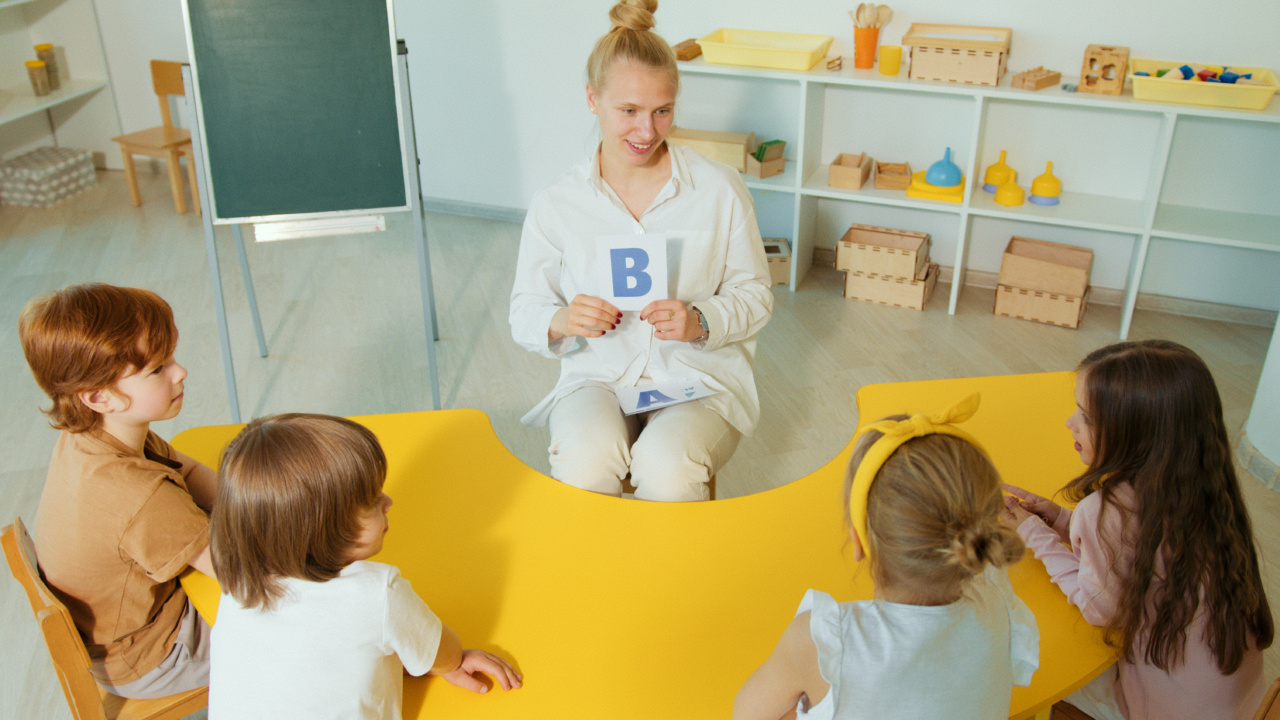School phobia, also known as school refusal or school avoidance, refers to a child’s consistent resistance or unwillingness to attend school, often due to extreme anxiety or fear.
Several factors contribute to the development of school phobia, and one factor of significant importance is parental demands. Parents play a crucial role in shaping their child’s perspective of school and education. Their expectations, demands, and reactions can have a profound impact on a child’s emotional well-being and their attitude towards school.
In this article, we will explore the relationship between parental demands and the development of school phobia.
The Nature of Parental Demands
Parental demands encompass a wide range of expectations placed on children regarding academic performance, extracurricular activities, behavior, and social skills.
These demands can vary significantly from one parent to another and can be influenced by cultural practices and societal pressures. While it is important for parents to set expectations and encourage their child’s growth, excessively high or unrealistic demands can create stress and anxiety, leading to the development of school phobia.
Pressures to Excel Academically
In many societies, academic success is highly valued, and parents often prioritize their child’s academic achievements. It is not uncommon for parents to set high academic standards, such as expecting straight A grades or top rankings in class.
While these expectations can motivate some children to excel, they can also become overwhelming for others. The fear of not meeting parental expectations can lead to intense anxiety, making it difficult for children to cope with the pressures of school. Such anxiety can manifest as school phobia, with the child actively avoiding school to escape the stress.
Comparison and Competition
Parental demands are often fueled by a desire to see their child succeed and outperform their peers.
The tendency to compare children with others can create an atmosphere of competition, wherein children may feel an immense burden to constantly prove themselves. Comparisons can occur within the family, where siblings are pitted against each other, or between friends and classmates.
When the focus shifts from personal growth to constant comparison, it can breed anxiety and school phobia as children fear being perceived as inadequate or lesser than their counterparts.
Unrealistic Expectations and Fear of Failure
Parents who hold unrealistic expectations regarding their child’s abilities or potential can inadvertently contribute to the development of school phobia.
The fear of failure becomes heightened as children realize that they may not be able to meet these lofty expectations. They may fear disappointing their parents or facing their disapproval. This fear can be paralyzing, leading to intense anxiety surrounding school attendance.
The pressure to constantly perform at an unrealistic level can create a hostile learning environment and hinder a child’s overall development.
Parental Reactions to Performance
How parents react to their child’s academic performance and achievements directly impacts their emotional well-being.
Some parents may respond with harsh criticism, punishment, or withdrawal of privileges when their child falls short of their expectations. This negative reaction can instill fear and anxiety in the child and contribute to the development of school phobia.
On the other hand, parents who provide unconditional support, encouragement, and constructive feedback create a safer environment for their child to explore and grow.
Overparenting and Helicopter Parenting
Overparenting, also known as helicopter parenting, refers to excessive interference in a child’s life, decisions, and activities.
Overprotective parents may micromanage their child’s academic pursuits, constantly intervening in school-related matters, and placing excessive pressure on their child’s performance. This level of intrusion can inhibit a child’s independence, autonomy, and self-confidence.
The constant monitoring and lack of personal space can contribute to the development of school phobia, as children feel suffocated and overwhelmed by their parent’s constant presence.
Communication and Emotional Support
Effective communication between parents and children plays a pivotal role in addressing and preventing school phobia.
When parents create a safe and open environment where children feel comfortable expressing their fears and concerns about school, the chances of developing school phobia decrease significantly. Emotional support, empathy, and understanding from parents can help children process their anxieties and find healthy coping mechanisms.
By actively listening and acknowledging their child’s emotions, parents can reduce the pressure and create a positive school experience for their child.
Building a Balanced Approach
Recognizing the impact of parental demands on the development of school phobia, it is essential for parents to establish a balanced approach to their child’s education.
This includes setting realistic expectations, valuing personal growth over constant comparison, and providing support rather than enforcing excessive pressure. By fostering a healthy mindset towards education, parents can help their children develop a positive attitude towards school, reducing the risk of developing school phobia.
Conclusion
Parental demands play a crucial role in shaping a child’s attitude towards school and can contribute to the development of school phobia.
Unrealistic expectations, fears of failure, pressures to excel academically, and negative parental reactions can all have a significant impact on a child’s emotional well-being. It is important for parents to communicate effectively, offer emotional support, and establish a balanced approach to their child’s education.
By creating a positive and nurturing environment, parents can reduce the likelihood of school phobia and help their children thrive academically and emotionally.




























